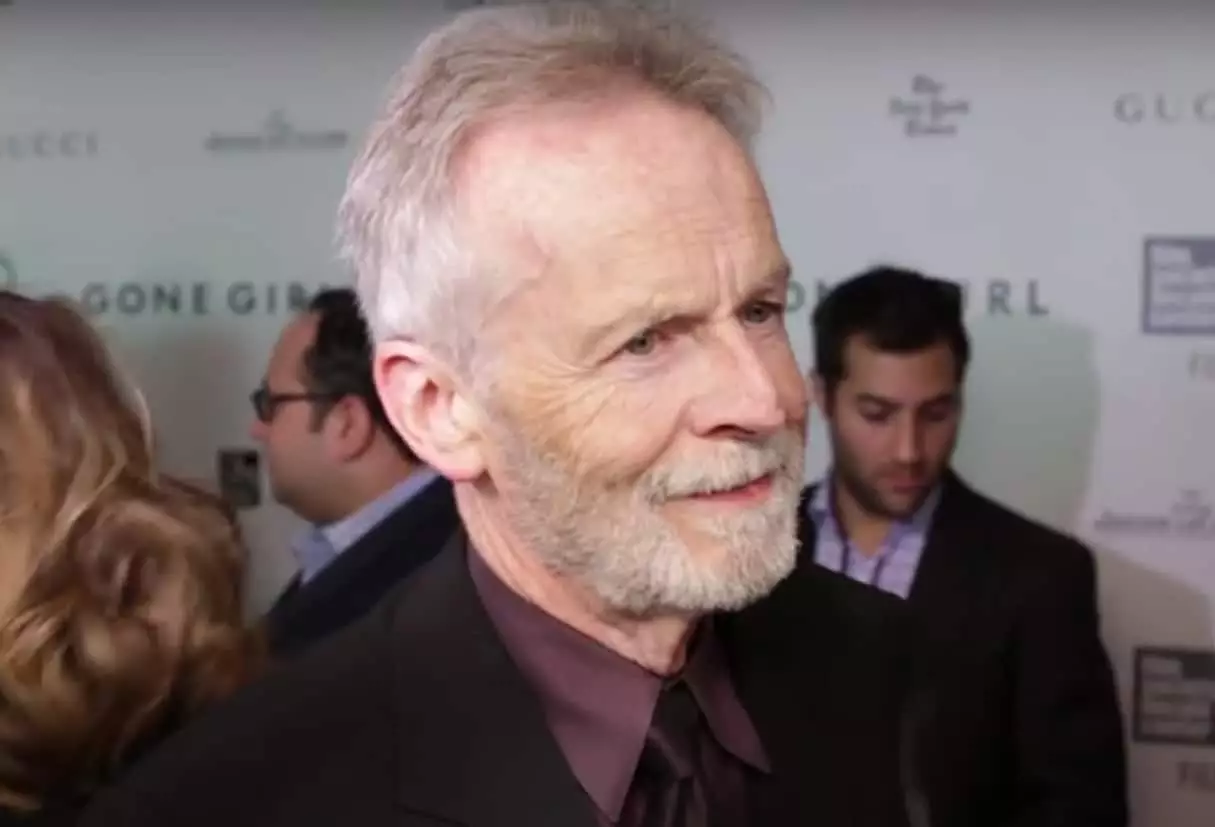At a recent movie convention, veteran actor David Clennon shared his memories of working alongside one of the most iconic figures in sports history, Muhammad Ali. Known for his roles in films like “The Thing” and “Gone Girl,” Clennon’s reflections provide an intimate glimpse into the life of a man who transcended boxing to become a symbol of resistance against the Vietnam War. The 1977 film “The Greatest,” in which Ali plays himself, serves as the backdrop for their encounter, showcasing both Ali’s prowess inside and outside the ring.
Ali’s portrayal of himself in the movie is particularly significant, as it highlights a transformative period in his life. Clennon’s participation in this film was noteworthy due to his pivotal role in the draft refusal scene, where Ali’s defiance resonates with viewers long after the credits roll. In his interaction with Ali, Clennon found himself not just sharing the screen but also the spirit of a turbulent era.
Clennon, reflecting on Ali’s impact during the Vietnam War era, articulated what many young Americans felt at the time. As a conscientious objector himself, Clennon identified with Ali’s courage to refuse the draft, understanding the heavy stakes for someone whose career—and indeed life—could be derailed by such a stand. He expressed admiration for Ali’s willingness to sacrifice his promising career, emphasizing that Ali’s public stance galvanized a generation that was questioning the morality of the Vietnam War.
“He was not just boxing’s heavyweight champion; he was the people’s champion,” Clennon remarked, reiterating that Ali’s visibility and charisma provided a rallying point for youth squarely against the war. Ali, a black man facing systemic injustices, became a powerful figure for various movements seeking social and racial equality. Clennon highlighted how Ali’s actions lent courage to those who felt similarly oppressed and overlooked.
In their interactions off-camera, Clennon found Ali to be remarkably personable and relatable. The actor recounted how Ali broke barriers typically associated with celebrity status—no ego, just a genuine spirit. Clennon noted that despite Ali’s trial with the draft, he never appeared bitter. If anything, Ali’s buoyancy was infectious.
Their exchanges over meals and on set revealed not just a champion but a humble man, eager to entertain and engage despite what he had lost. Ali’s energy and enthusiasm for their project underscored his deep desire to connect with audiences through this cinematic exploration of his life. It was a significant lesson in humility and charisma that resonated with Clennon.
As a veteran of the film industry, Clennon proffered a concise evaluation of “The Greatest” in the pantheon of films about Ali. He asserted a certain pride in their work, affirming that although various movies have chronicled Ali’s life, their film holds a special place because it captures the fighter in his own words. Clennon seemed to convey that documentaries and biopics can sometimes miss the essence of a person’s narrative; having Ali present brought an authenticity that is hard to replicate.
Contrasting the film with Will Smith’s acclaimed performance in “Ali,” Clennon defended the rawness of their work, citing that there’s unparalleled value in witnessing the actual man portray his own story. The supporting cast, featuring Hollywood legends, further enriched the film’s legacy, creating a backdrop against which Ali’s extraordinary life unfolded.
As the conversation drew to a close, Clennon reflected on Ali’s universal impact far beyond the confines of boxing. The actor acknowledged that whether one is a boxing enthusiast or not, Ali commanded attention and respect. He understood that Ali was not merely an athlete; he was—a revolutionary figure in his own right. Clennon’s insights highlighted how Ali’s influence could incite debates and inspire loyalty regardless of one’s personal interest in sports.
In a world that often overlooks the contributions of sports figures to broader societal movements, Clennon’s tales encapsulated the spirit of an era—a time when a boxer became a global symbol of resistance, compassion, and courage. Ali not only fought opponents in the ring, but also the societal structures that confined individuals to traditional roles. In recounting these experiences, David Clennon doesn’t just tell the story of a film but also celebrates a legacy that continues to inspire resilience and hope in today’s world.

